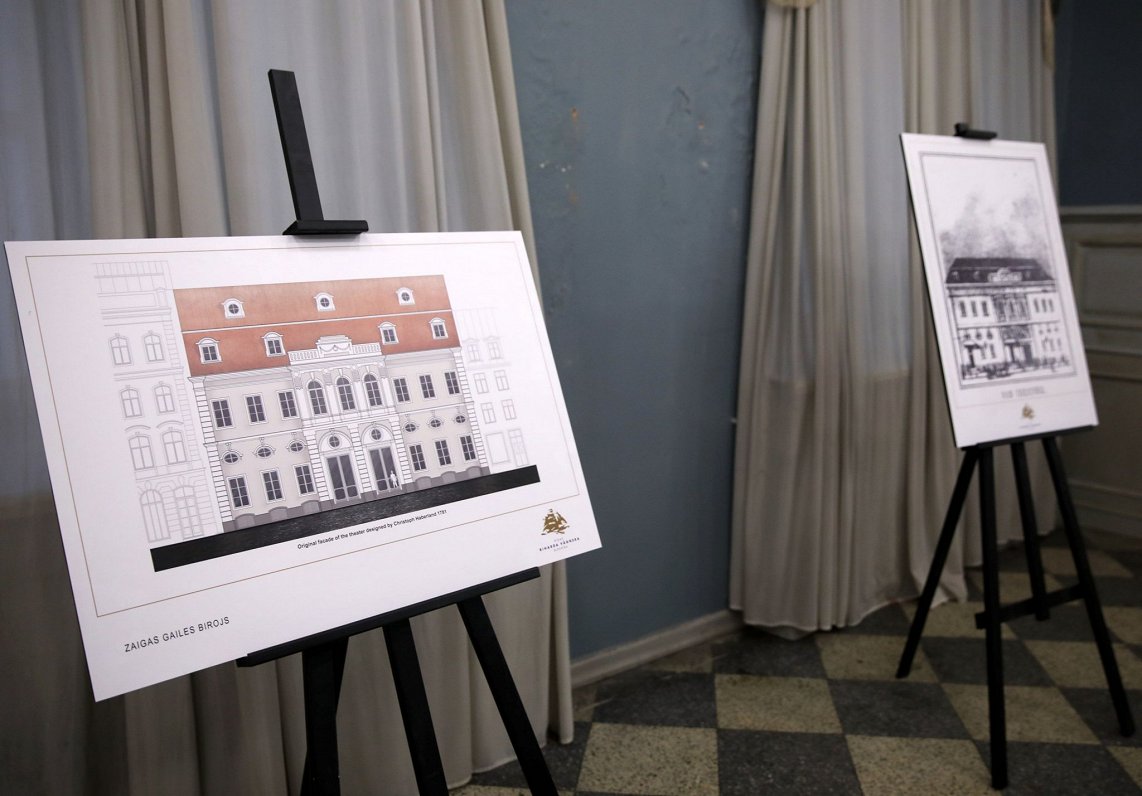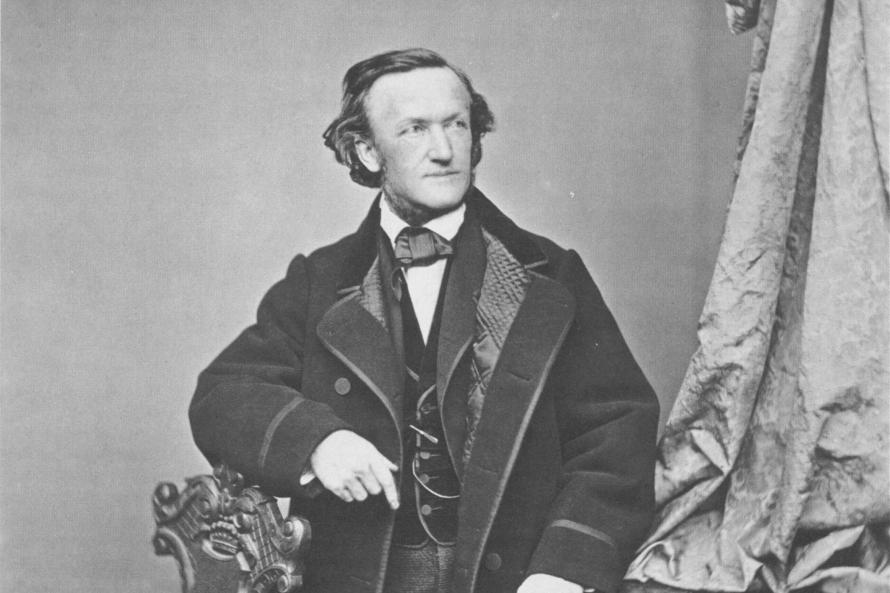The original benefactor of the Rīga City Theater in 1782 was Baltic German baron and philanthropist Otto von Vietinghoff, who also paid for a 24-piece orchestra to play to an appreciative audience in a 500-seat auditorium. It quickly became the center of cultural life among the wealthy burghers of Rīga, and a few decades later was attracting the likes of Franz Liszt, Clara Schumann and Hector Berlioz as well as the young Richard Wagner.
The German ambassador to Latvia enthusiastically broke the news on social media.
Today grand moment of signing the first major cofinancing for the cultural Megaproject in Riga, the restoration of the historic Riga city theatre (1782), now dubbed Wagner theatre. 🇩🇪 contributes with 5 Mio € to revive this legendary place; music&culture have no borders.🇩🇪🇱🇻🇪🇺 pic.twitter.com/Ut5uFQJWFr
— Christian Heldt (@GermanAmbLatvia) October 6, 2022
You can read more about the history of the Rīga city theater in this piece from last year and read about ongoing restoration efforts in this feature.

Despite the enthusiasm and pride with which Wagnerites talk about the composer's brief two-season stint in Rīga, it was a decidedly mixed period in his life. While he did indeed begin some of his early work here, he ended up fleeing the city in secret to escape his creditors and involvement in a personal scandal and had little positive to say in later life about his time here.
There is still a lot to do before the revival of Wagner Hall. The founder of the Riga Wagner Society, former prime minister Māris Gailis, said in September that he hoped the building will be renovated by 2026: "We have made a tender, the builder has been found, by the way, the same people who are building the New Riga Theater. If everything goes as we plan, then next year by the middle of the year, in the second half, the project should be ready, a red stamp should be received, and then the real construction works will begin."
Inflation has introduced corrections to the project's calculations, and in September the developers estimated that 44 million euros are currently needed to restore the building. Previously, the costs were calculated at around 35 million euros, though with all construction-related costs continuing to rise, the final price tage could be higher still.



























